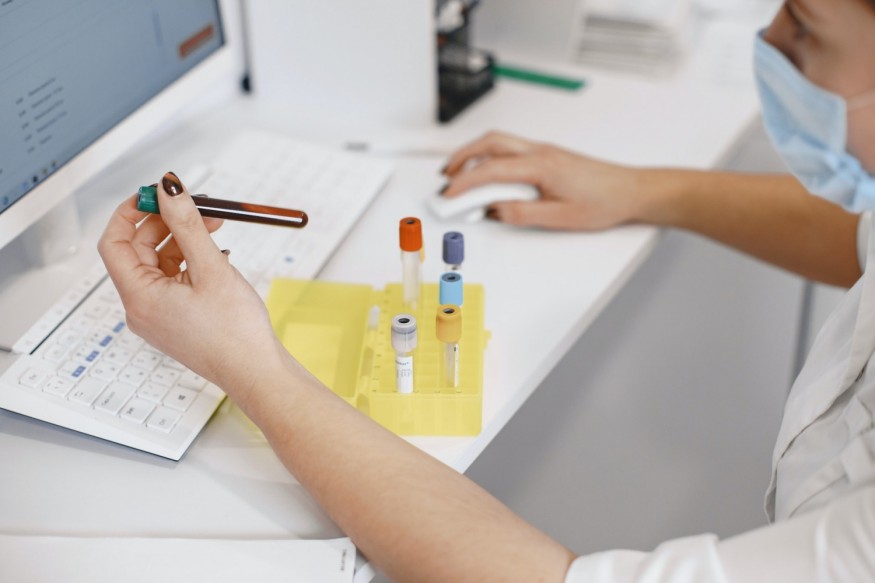
Did you know that a robot named Sophia can take care of the sick and elderly without any human intervention? Not only can she move and talk, but she also expresses facial gestures and feelings. Created by Hanson Robotics, this innovation was a pivotal moment for the nursing industry.
Ever since that development, the industry has become more complex and refined. Indeed, with the help of Artificial Intelligence (AI) and other technical advancements, patient care can become more accurate, efficient, and fast.
This blog will talk about the main details related to that.
The Demands of the Nursing Industry
Before you understand the impact of technology in the nursing industry, you must first relate to the nursing profession's demands. Only then can you know the reason why this industry requires AI or technical intervention as soon as possible.
What parameters does the quality of the care depend on? Well, it all boils down to the nurse's ability to take decisive action quickly. Their day-to-day capabilities include the following:
Juggling various tasks, like patient care and medication administration, in a single shift
Clear interaction with the doctors and keeping an eye on the patient's vitals, and taking updates at regular intervals
Looking into administrative tasks like patient paperwork, charting records, and interaction with third-party healthcare providers
Healthcare organizations expect nurses to interact with abundant clinical information and process it instantaneously for results. However, this is humanely impossible.
Will Healthcare Technology Help Nurses Make Better Decisions?
There is an increase in the standards of nursing care due to competitive demands. Nurses must have real-time decision-making and analysis capabilities that match a robot. That is why the industry is focusing so much on technology.
The benefits of nursing technology include increased safety, efficient coordination, and improved scheduling. Baylor University states nurses should be helpful, skilled, and kind while offering patient care.
However, these features might get sidelined without the help of technological involvement. Baylor University lists the top 5 technical changes that affect the nursing industry. They include the following trends:
Increase in telehealth through mobile apps
Introduction of smart beds to ease patient care
Automated IV pumps to reduce the workload
Implementation of command centers to streamline processes
Introducing Electronic Health Records (EHR) for ease of access
Other than these, medical professionals graduating from such universities are trained to have exemplary vision and knowledge.
How Will AI Affect the Way Nurses Treat Patients?
The nursing practice can become more efficient due to AI technology. Registered nurses can take the help of these products. Doing so will increase their capabilities and supplement tedious tasks.
That means the nursing staff can implement AI-powered medical equipment to conceptualize their development goals. In turn, giving rise to better patient care and service.
A great example of AI in nursing technologies would be voice assistance and visual recognition. With these advancements, nurses can:
Diagnose and assess wound integrity
Generate automated answers to patient's questions
Monitoring breathing patterns and identifying non-verbal cues
Setting up reminders for nursing tasks
Along with these, the nursing industry can also expect an impact from Machine Learning (ML) and Virtual Reality (VR). With these, nurses can map out the entire patient care journey and create simulations for demonstration.
Other examples include Telepresence and Rehabilitation robots. Some prototypes can remotely cater to people with Alzheimer's and dementia. Moreover, some researchers also created an exoskeleton that helps people with mobility issues.
The Benefits of Using AI in Nursing Technology Advancements
As mentioned earlier, nurses can provide better services if their workload decreases. That is what AI can do. Here are some of those benefits:
Reduced time in data entry and improvement in how data is collected
Optimizes the workload and reduces tedious responsibilities
Use of medical devices that minimizes the chance of human error
Optimized and 24x7 assistance for the patients
Unbiased and faster decision-making capabilities
Better communication and ability to recognize flaws
At the same time, AI is good at pattern recognition that can help in critical situations. That means there will be no room for inefficiencies.
The Bottom Line
Nursing processes can become easy with the implementation of AI-powered medical equipment. Not only that, introducing technology in nursing is the only way to keep up with the industry's demands.
Various technological advancements will help nurses deal with their day-to-day workload. Moreover, it will allow them to provide patient care efficiently. Trends like the usage of smart beds, automated IV pumps, and more will enable them to work toward optimal patient satisfaction.
Indeed, introducing technology will make the industry productive and allow them to deliver top-notch services. Are you ready to embrace this change?
© 2026 ScienceTimes.com All rights reserved. Do not reproduce without permission. The window to the world of Science Times.












